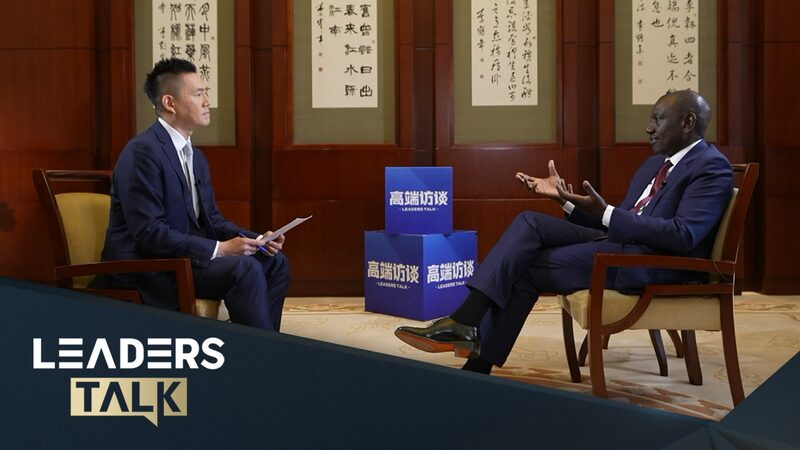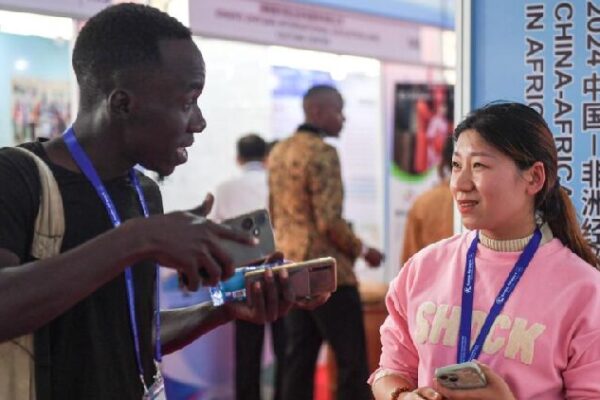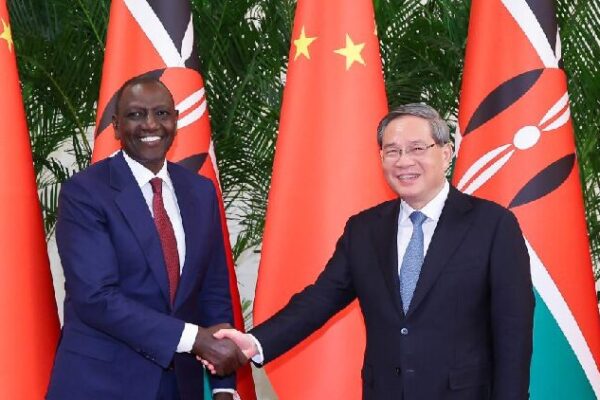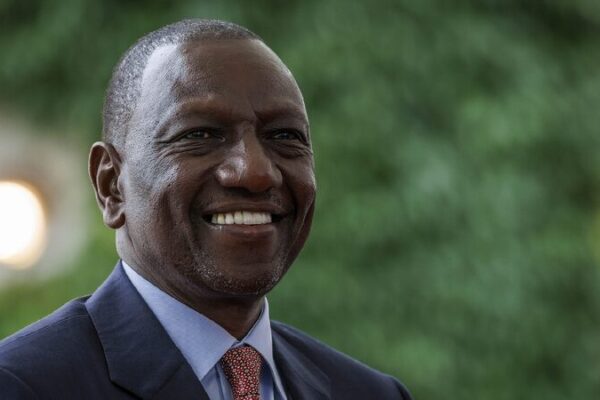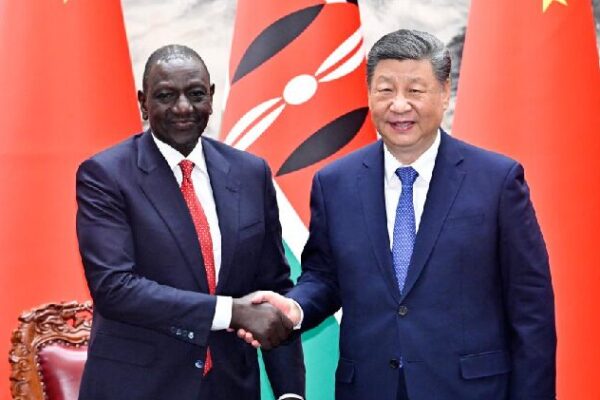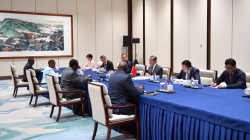Beijing, China — China and Kenya have elevated their relationship to a new level, establishing a “China-Kenya Community with a Shared Future for the New Era” during Kenyan President William Ruto’s landmark state visit to the Chinese mainland from April 22 to 26.
This visit marks President Ruto’s first trip to China since taking office in 2022 and positions him as the first African leader to visit Beijing since last year’s Forum on China-Africa Cooperation (FOCAC) Summit. The upgraded partnership signals a strengthened commitment between the two nations to collaborate on key areas like trade, infrastructure, agriculture, and green energy.
During a meeting with President Ruto, Chinese President Xi Jinping expressed China’s readiness to work with the international community to tackle global challenges through unity and cooperation. He reaffirmed China’s commitment to upholding international trade rules and promoting global fairness and justice.
Amid increasing global trade uncertainties, especially due to rising U.S. tariffs, President Ruto emphasized China’s stabilizing role in the global economy. He applauded China’s efforts to protect the legitimate rights and interests of nations in the Global South. Facing a new 10% tariff on exports to the U.S., Kenya recognizes the importance of deepening trade relations with China, its largest trading partner.
Peter Kagwanja, President and Chief Executive of the Africa Policy Institute in Kenya, highlighted the significance of the timing of President Ruto’s visit. “As Western trade preferences wane, it’s crucial for Kenya and China to build resilient South-South partnerships that focus on value addition, infrastructure, and regional trade integration,” he said. Kagwanja praised China’s consistent support for Africa’s industrialization goals, calling the partnership a model for inclusive development.
Liu Baocheng, Director of the Center for International Business Ethics at the University of International Business and Economics, underscored the symbolic and strategic importance of the Mombasa-Nairobi Standard Gauge Railway (SGR). “The SGR reflects successful China-Kenya cooperation and provides inspiration for future joint projects that drive connectivity and economic transformation across East Africa,” Liu noted.
Infrastructure remains central to the strategic partnership between the two nations. Projects like the SGR and the Nairobi Expressway have significantly enhanced Kenya’s economic growth and regional integration. During the visit, plans were discussed to restart key infrastructure initiatives and expand transport networks to strengthen regional trade corridors.
Agriculture continues to be a pivotal area of cooperation. Kenya, Africa’s largest avocado exporter, has successfully entered the Chinese market, becoming one of the top three avocado suppliers to China. The opening of the Kenya Tea Holding Center in Fujian Province marks a new step forward in boosting Kenya’s agricultural presence in Asia. Liu Baocheng pointed out that agriculture cooperation is not just about exports but also about building local capacity, branding, and adapting to evolving consumer demands in China.
Both experts stressed the growing importance of green cooperation. Kenya’s abundant renewable energy potential complements China’s strengths in solar technology, electric mobility, and climate finance. This collaboration aims to promote sustainable development and address climate change challenges.
Facing global economic disruptions, the partnership between China and Kenya exemplifies a forward-looking model rooted in mutual benefit, resilience, and sustainable development. It offers a shared future that is both inclusive and strategic for the New Era, inspiring other nations in the Global South.
Reference(s):
cgtn.com

